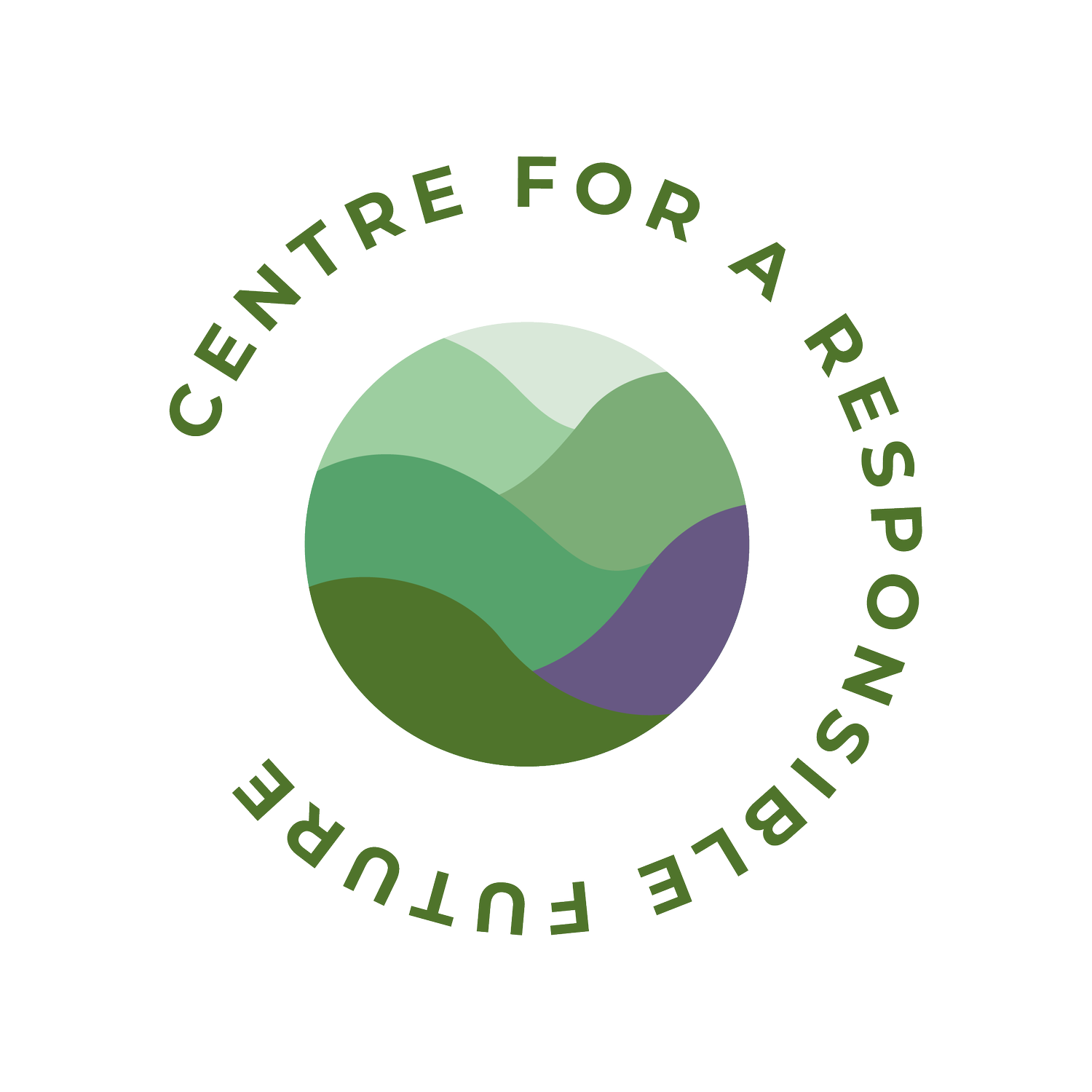Tria talks to DFSS
DFSS is coming up March 29th and we’re bringing some of the participants to you now with a pre-summit interview. We begin with TRIA, a sponsor of DFSS. If you want to see a listing of speakers and sessions, please click here. To register as a delegate, click here.
Please introduce us to TRIA.
TRIA is an innovative and sustainable foodware company. We believe we should take responsibility for our own lifestyle and our own waste, which is why we have also developed Bio24, a zero-waste solution for single-use foodware. With Bio24, our proprietary packaging and food waste is able to rapidly digest into compost within a 24-hour timeframe. This integrated approach provides a hassle-free solution without the need to separate organic and inorganic waste. It is a world-first technology, allowing for a closed-loop approach to disposable foodware.τρία is the Greek word for the number ‘three’. This represents three things we connect: consumers, the environment, and business. We firmly believe that for any solution to be sustainable, it must be a closed-loop solution that provides a triple-win for consumers, the environment and businesses.
How did you get involved in eco packaging?
The wastefulness of single-use packaging got us to start looking for sustainable solutions. What is used for a short 15mins is thrown away after use – is there a better solution?The more we dug, the more we realized that the solution needs to be more than just biodegradable material. Sometimes we get a bit frustrated that people are asking the wrong question; they will ask what material the packaging is made of, instead of asking where the material really ends up! Because most single-use packaging ends up in the landfill regardless if it’s plastics, paper or biodegradables…and we are well aware that the landfill is not a sustainable solution.
We hear a lot about green packaging, but can it ever be as good as people bringing their own bowls, containers, etc.?
Society has changed, and our increased pace of consumption runs alongside these changes. I think it’s important that we accept that society is heading towards a faster pace of consumption…let’s not make this a judgement call if this is a good or bad thing but accept that it is what it is. With a faster pace of consumption, we consume more, discard more; convenience becomes a key driver and our waste management systems struggle to keep up, let alone recycle…I think these are logical derivations we can all make, and our conclusion is that we will require a sustainable ‘fast in, fast out’ approach that integrates seamlessly with today’s lifestyle, where we consume fast, restore fast. In the speeding pace of society today, I think everyone’s life is tough as it is, and we can afford a bit more empathy and not burden people with more obligations. This I feel is the acceptance required to solve the sustainability equation, because people are hardening up with all the lecturing.
At least one company has edible bowls and cutlery. What do you think of that?
I think it’s a good idea, but the concept isn’t new and hasn’t taken off in the last 15 years. I’m not sure, but I think consumers may feel obliged to eat the bowl or cutlery after they’re done?
What separates your company from others in the same space?
We came as outsiders to the food packaging industry, without the baggage and with fresh eyes. Our goal is not to manufacture more packaging, but on a broader level, to achieve zero waste sustainably. Note that when we say sustainably, we mean a triple win for consumers, businesses and the environment. If consumers are not on board, the solution will not receive mass adoption and will remain niche; if businesses are not on board, the solution will lack the ability to scale. We are here with a systemic approach to solve the problem sustainably.
If a genie offered to create for you any invention to make eco packaging better, what invention would you ask for?
It would be great if there could be a brown waste pipeline, like a sewerage system, to take organic waste (including our foodware) to a centralized digestor. It is an integral part of our waste infrastructure and is offered to every resident, a truly participatory way to reach our zero waste goals.
In 2018, we heard a lot about avoiding straws and reducing packaging, yet so many people still use straws, etc. How do you explain that?
I think you’re referring to fast-food brands getting the brunt of consumer flak on straws? Fast food restaurants today represent two things for consumers: indulgence and convenience. By removing straws, we removed one of the key representations of fast foods to us; that’s tough. No one enjoys having their convenience taken away from them. Plus, I think people want to be inspired to change, not forced to change. And, I think we have to keep the convenience factor while addressing sustainability.
Are you optimistic or pessimistic about stopping the impending cataclysm of climate change? Of course, you have to say that you’re optimistic, but is that how you really think?
I’m more of a realist. I can’t tell if we are going to make it, but if I feel the ground, I can feel that most people are drained with this push on climate change. How we enable and inspire them to join us is very important. Empathy is important, process is important, and maybe getting too vexed about results and approaching in a hard way is counter-productive. If we can get past this inertia, I think it’ll be quite exciting when everyone rises to the occasion, works together and roughs it out side by side.

